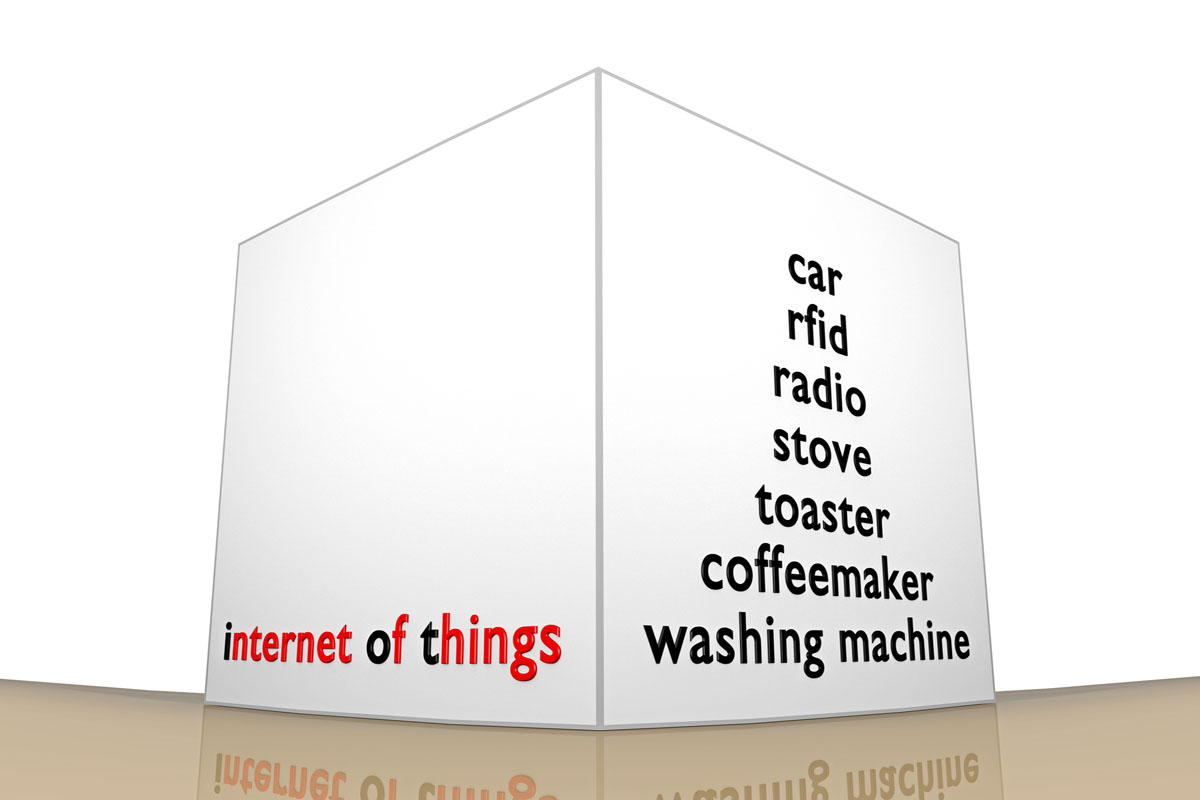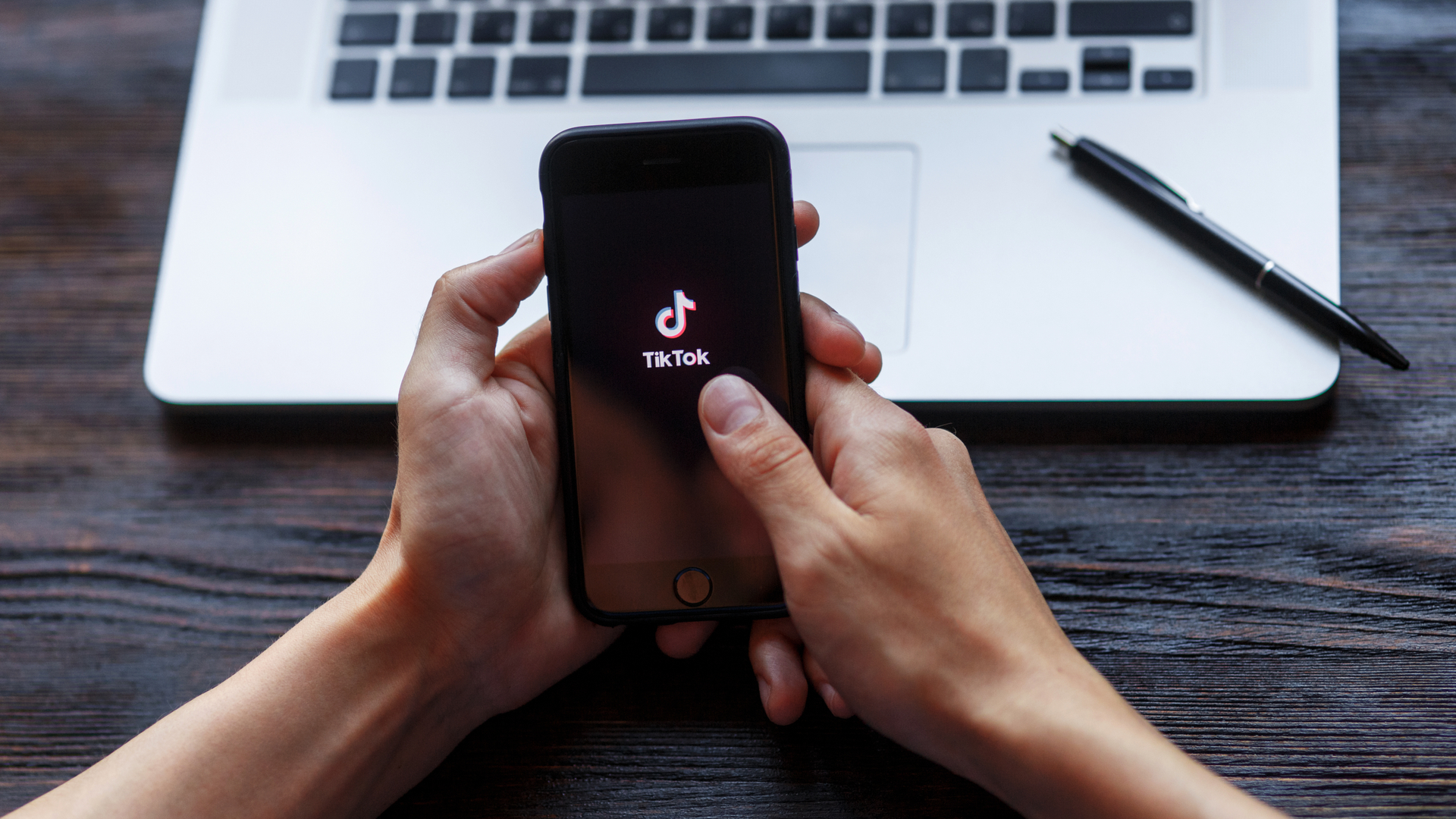What Big Data means for the Internet of Things
Experts claim that “data is a new product”


Last week, Paris saw the return of the Connected Conference. An annual event focused on connected living and the Internet of Things, the conference featured numerous panels with industry leaders, many of whom shared insights about the nascent field.
One of the key themes of the Connected Conference was big data. With the increasing number of connected devices that make up the Internet of Things, companies have more and more sources collecting information on a daily basis.
The rate that new data is being acquired is staggering. According to its CTO Bernard Ourghanlian, Microsoft has over an exabyte of data in its public cloud environment, with around seven petabytes of new data storage acquired every month.
All that information has to be sorted through and collated, as Camille Loth of m2oCity points out. Often, he says, we spend so much time focusing on Big Data, that we forget about what he terms "small data".
According to Loth, this small data is the segment of information that is relevant to end users. "From this enormous amount of data," he says, "you need to extract something that is precise and actionable".
Rather than bulk-collecting as much information as possible, Loth believes that not all data is created equal, and that companies need to be selective in what they use.
After all, as Plume's Romain Lacombe says, "data is a tool to make our environment understandable". Plume's app measures pollution levels, showing changes throughout the day, allowing people to plan runs, dog walks or family outings accordingly.
Sign up today and you will receive a free copy of our Future Focus 2025 report - the leading guidance on AI, cybersecurity and other IT challenges as per 700+ senior executives
A common consensus among the panellists was that data collection in and of itself has little value. David Tomas of Opendatasoft noted that "data is and will remain subjective", agreeing that "what's key is how you build services" based on that information.
As Tomas says, "contextualisation is key", and this is one of Big Data's core issues; "data needs to be described". This divide between raw and actionable data could be why, according to Loth, enterprise only uses ten per cent of all data collected, with 60 per cent "never used in any way".
Similar to Tomas' assertion that "we need to know where it comes from, when it was last updated", Loth reiterated the necessity of precision data-collection. He points out the difference in quality between $100 and $500 sensors, and urges companies to factor this into their use of Big Data.
Fundamentally, while companies like Opendatasoft view Big Data as a "tool for empowerment", it must be presented in an understandable format, both to users and to actors within the company. "It's really about design," Loth says, "because that's what translates technology into meaning in our everyday lives".
Data privacy in the IoT
In the post-Snowden age, data privacy is a watchword throughout the IT industry, and the connected space is no different. Ourghanlian acknowledges that "who the data belongs to is a very important topic", raising the question of whether the information gathered belongs to the users or to the services they give their data to.
There are many who feel that companies using Big Data in an IoT space need to radically rethink their strategies. Privacy advocate Tristam Nitot, late of the Mozilla Foundation, was particularly critical of IoT providers' current policies.
One of the principal merits of having a connected home, he says, is the ability to know who's in your house, who has access to your smart lock, what temperature you like your heating set to, and so on. Unfortunately, rather than consumers having access to all that information, "what we have instead is Google and Nest owning this data".
Nitot branded IoT companies like Google who jealously guard their data as "greedy". However, as IoT evangelist Liam Boogar pointed out, "you can't make money by giving people their data". Instead, user information is being increasingly treated as a corporate asset.
While this is understandable from an enterprise standpoint, the implications are slightly concerning. Nitot noted that "one of these days, one of these companies is going to be desperate". At that point, it becomes a question of what they will be willing to do with their collected user data, and as Boogar recognised, "when things are really bad, you sell your assets".
Tomas urged governments and public authorities to open up their data, stating that the privacy of information is becoming "the key political question of our age". He also said that private companies need to "rethink the way they operate internally, and the way they exchange assets with their partners".
Although moving into the IoT space is "a big culture shift" for large companies, the attitude at the conference was one of optimism. There was much talk of the possibilities that IoT devices open up for the leveraging of Big Data, with one expert calling it the "new product".
Adam Shepherd has been a technology journalist since 2015, covering everything from cloud storage and security, to smartphones and servers. Over the course of his career, he’s seen the spread of 5G, the growing ubiquity of wireless devices, and the start of the connected revolution. He’s also been to more trade shows and technology conferences than he cares to count.
Adam is an avid follower of the latest hardware innovations, and he is never happier than when tinkering with complex network configurations, or exploring a new Linux distro. He was also previously a co-host on the ITPro Podcast, where he was often found ranting about his love of strange gadgets, his disdain for Windows Mobile, and everything in between.
You can find Adam tweeting about enterprise technology (or more often bad jokes) @AdamShepherUK.
-
 TikTok to open first European data centre in Ireland
TikTok to open first European data centre in IrelandNews The move could signify a desire to shift its operations away from the US as well as secure its position in the European market
-
MPs in a muddle over GDPR and storing voters' personal data
News Labour MP Chris Bryant says his staff were told to delete constituents' data
-
 Trump resort will not be charged for breaching data laws
Trump resort will not be charged for breaching data lawsNews Presidential hopeful's Scottish golf course failed to register under the Data Protection Act for four years
-
 Banks urged to share data but warned over security
Banks urged to share data but warned over securityNews Experts voice concern over security of open API recommendations
-
 EU centralises European open data through one portal
EU centralises European open data through one portalNews Open Data Portal will enable public sector bodies to share information
-
 Experts question sheer scale of data storage required by Snooper's Charter
Experts question sheer scale of data storage required by Snooper's CharterNews Who will foot bill for physical infrastructure to house UK's browsing histories?
-
 Snapchat's T&Cs update could put user data at risk
Snapchat's T&Cs update could put user data at riskNews Kaspersky said giving the service permission to share pictures with third parties could lead to a serious breach of privacy
-
 Transport Systems Catapult launches data sources catalogue
Transport Systems Catapult launches data sources catalogueNews Intelligent Mobility Data Index could push forward smart transport innovation in the UK


